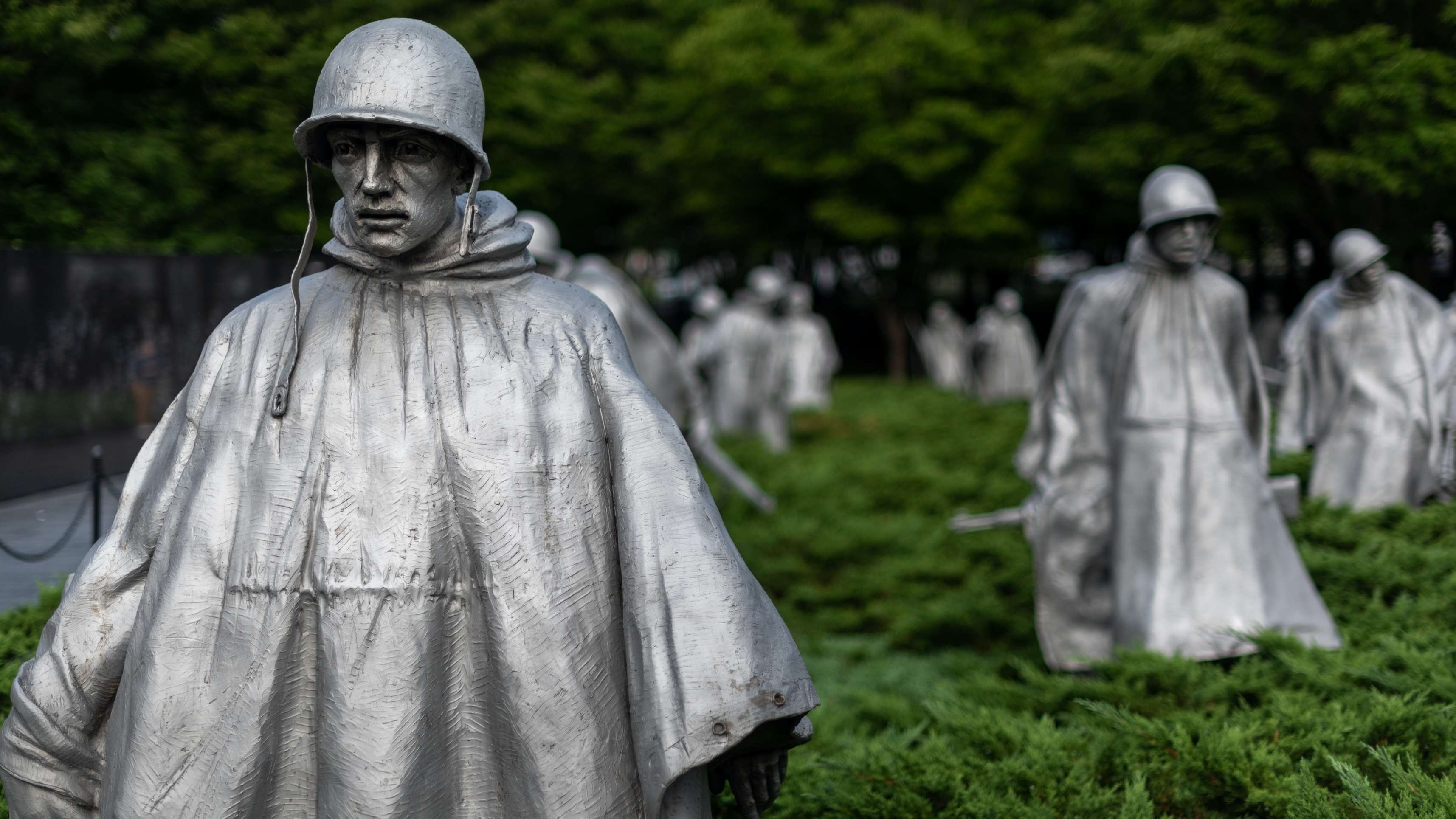It’s been 47 years since the devastating Vietnam War ended. But for the millions of people who witnessed the hostilities and saw innocent lives fall dead right before their eyes, scenes of the war still haunt their memories. For those who were forced to fight, the horror is far worse.
The Vietnam Era Health Retrospective Observational Study (VE-HEROeS) released this month found that veterans who served during the Vietnam War have a higher prevalence of mental health issues, particularly post-traumatic stress disorder (PTSD), compared with non-veterans.
Approximately 2.5 million Americans were deployed during the Vietnam War between February 28, 1961, and May 7, 1975. Of the number, about 1.6 million or 40% either fought in combat, provided close combat support, or were fairly regularly exposed to enemy attack, data from the Vietnam Veterans of America show. Some were stationed in Cambodia and Laos, a good number were deployed in Thailand and in the South China Sea.
“Although almost 50 years have passed since the official war’s end in 1975, Vietnam theater Veterans are still reporting poor mental health,” said Dr. Victoria Davey, the study’s senior author.
VE-HEROeS is a nationwide study designed to assess the health and wellbeing of war veterans who served during the Vietnam Era (1961-1975). The analysis it recently released is the first large-scale nationwide epidemiological study was the first comprehensive health survey of United States Vietnam War veterans conducted in over 30 years.
More than 45,000 veterans and 11,000 matched controls were invited to participate in the survey between 2016 and 2017; nearly 19,000 veterans responded. To get a clear picture of the mental health conditions of Vietnam War veterans, the data collected were grouped into three: Vietnam-theater veterans (those deployed to Vietnam, Cambodia, and Laos from 1961 to 1975), non-theater veterans (service members who served elsewhere during the same period), and sex- and age-matched US non-veterans.
Compared with non-theater veterans, those who fought in the Vietnam War exhibited four times the risk of PTSD, nearly double the risk for depression, and more than two times the risk of psychological distress. The digits further differ with non-veterans, with war servicemen showing more than nine times the risk of PTSD and six times the risk of psychological distress.

Irreversible trauma
Thousands of previous studies have proven again and again the strong link between physical health, mental health, and traumatic events. People who have been exposed to hostilities and grave danger are more likely to have poorer overall health, and more often than not, this condition follows the person even in later life.
The same results were gathered by VE-HEROeS. Survey data showed that an estimated 62.9% of Vietnam-theater veterans either experienced combat or were in a non-combat position in which they felt afraid for their lives. This was reported much less often by non-theater Veterans and non-Veterans (7.1% and 1.3%, respectively).
While the numbers are already unfortunately high, the results may still don’t fully capture the conditions of American servicemen who were exposed to high amounts of war-zone stress.
“These results may underestimate the mental health burden of Vietnam-theater veterans,” noted Davey. “Those at greatest risk for poor mental health may have already died, or maybe homeless or incarcerated.”
“The Vietnam War continues to have negative effects on Veterans’ mental health, particularly for those who served in the Vietnam theater. This is the case even 45 years after the war ended.”
The VE-HEROeS study also emphasized that Blacks and Hispanics who were deployed to Vietnam reported greater PTSD, depression, and psychological distress than the whites. Hispanic theater veterans specifically showed higher levels of PTSD and depression. A separate analysis reiterated that the link between race/ethnicity, level of service, and mental health status is an important topic of discussion because minorities’ wartime experiences, such as being marginalized or socially isolated, and ethnocultural influences like perceptions of personal responsibility, coping patterns, religious beliefs.
VE-HEROeS will be releasing more analyses based on the data to further measure and evaluate the mental health of aging Vietnam War veterans.



